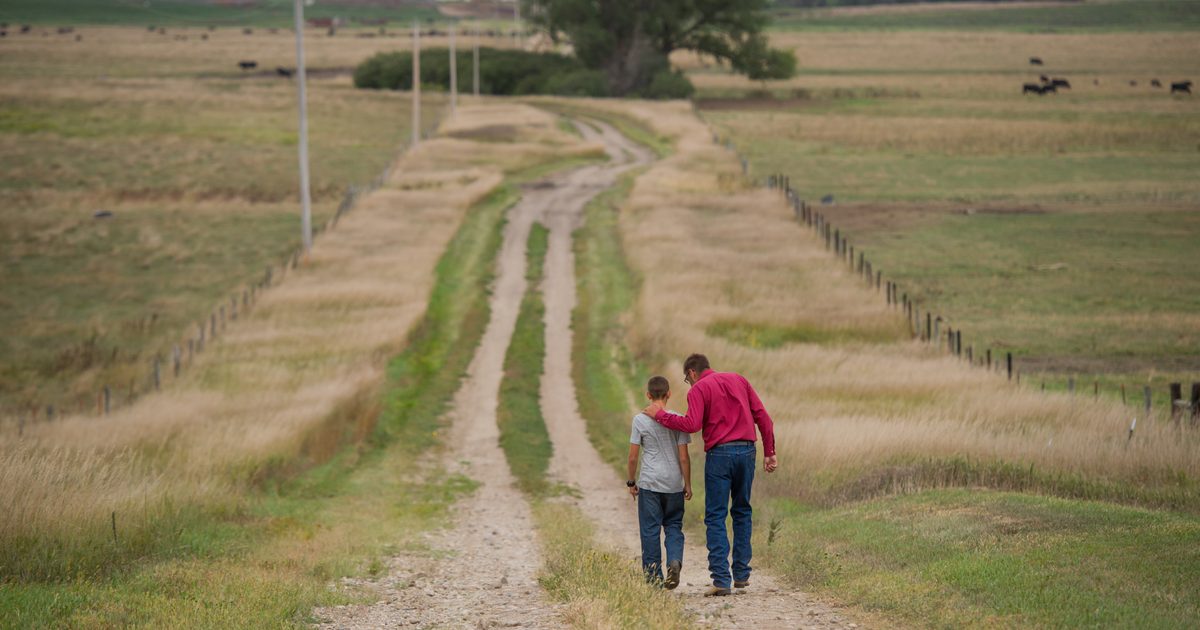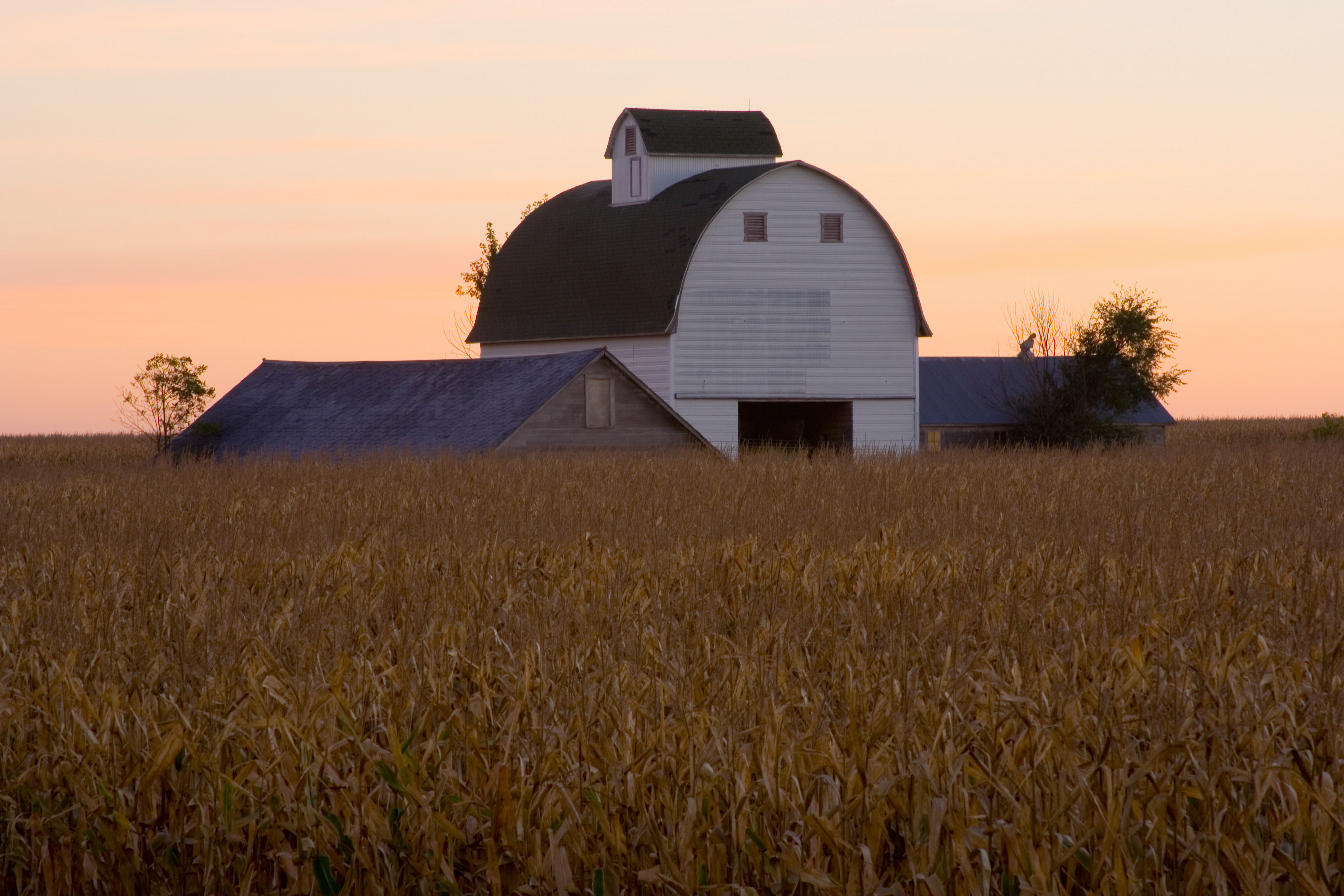Protecting Your Family Farm Legacy: Estate Planning

Estate Planning Helps Provide Certainty & Transparency for Families
No doubt about it, it’s an uncomfortable topic for many of us to broach with our families. What is the plan when I can't farm anymore or retire? The fact is that statistically, about half of farm families have never put a formal plan together to determine the future of their farm and how their family factors into that. For third-generation family farmer Justin, who works with his parents in eastern South Dakota, getting in on the planning was a blessing.
He shares, “I was quite young when my grandfather created his initial will and I think some of that was prompted because my grandma had Alzheimer's.” He continues, “My parents had already prepared a will but after my grandfather passed away they really fine-tuned their own plan to keep things clearly defined. We’re a very close family so fortunately there were never extremely awkward conversations. We wanted to get it finalized and find somebody that we trusted to help prepare our plan and walk through it. That was very important for us.”
Not only did this help Justin and his family discuss in specific details his parents’ wishes for the farm, it also created a safe space for himself and his sister, who doesn’t actively farm, to understand why plans were made the way they were and to have candid conversations. “We were both involved and had input, but it was ultimately still my parents’ decision as to what they wanted to do. There's the legacy part of passing on a farm that was important and my parents’ desire was to keep it together. We've seen so many situations with absentee land-owners; where their mother previously owned it and now the three kids end up selling their property. That’s not what my parents want to happen and my sister and I completely understand and respect those wishes.”
In addition to having realistic discussions and plans for safeguarding the future of the family farm, these conversations can also solidify children’s decisions to stay home and farm or find other opportunities. “I think just having that transparency, it removes the question of what's going to eventually happen. It’s nice knowing too, your position with the farm. There's a lot of sweat equity that I’ve put in and we're helping each other be more profitable and taking the risks together.”
Making the decision to move forward with an estate or succession plan isn’t easy for anyone but for farm families it can even be more difficult. According to Jason Harris, Trust and Wealth Advisor at Dacotah Bank, “Farmers have a 24/7, 365 day a year job. Other professions, you know, banking, doctors, lawyers, it isn't 24/7 and it isn't necessarily 365 days a year. If a lawyer goes on vacation for a couple of weeks, for the most part, everything's fine. Farmers don't get that option. So the notion of stepping away from it all is something that I don't think comes easy for people in farming and ranching.”
The other equation is the cost of the plan. Jason notes, “To create an effective plan you typically work with a financial advisor, accountant and attorney. South Dakotans are typically frugal and extremely independent so asking and paying for this help is another hurdle for them. However, the cost of not planning and the potential tax consequences are a real concern.”
His advice for families is to take a three-step approach:
1. Be patient. Estate planning can take up to a year or longer to complete.
2. Begin with the end in mind. How do you want your farm to continue after you’ve gone?
3. Think of equity, not equality. There’s almost always one child who’s working on the farm, and one or more that aren’t. How do you treat them? Do you treat them exactly the same? Do you split everything three ways? Or do you do something different? Oftentimes clients do something different and that’s going to cause stress among family members. Having open communication about the estate plan and ensuring that everyone involved is aware and knows where they can find the plan when the time comes is critical.

For Heather Gessner, SDSU Extension Livestock Business Management Field Specialist, helping farm and ranch families through a three-day intensive estate-planning workshop in the months of November through April has resulted in great success for attendees. “Not only do families have a better understanding of what they need to do, they are actually able to verbalize it after sitting through our workshops. We have documented that 75% of the families that have attended are working on their plan and are on track to complete it.”
These sessions cost $70 per person and Heather recommends that all family members involved attend together. “At the time of your retirement, it’s a little easier to step away from the operation and let the next generation manage and take over because you’re not financially relying on every penny that comes from the farm anymore and everyone knows the plan for the future.”
Win a Prairie Family Business Association Membership & two tickets to a Family Business Conference valued at nearly $2,500! Must be a SDCGA member to enter.
The Prairie Family Business Association provides a resource network for family business success to help family businesses thrive through generations.*
Email info@sdcorn.org to enter a drawing to win a free Basic Membership with the Prairie Family Business Association to experience six webinars and a live case study. In addition, you will receive two tickets to the 2024 Family Business Conference in Sioux Falls on April 17-18.
*SD Corn doesn't endorse the Prairie Family Business Association products, services or activities.
